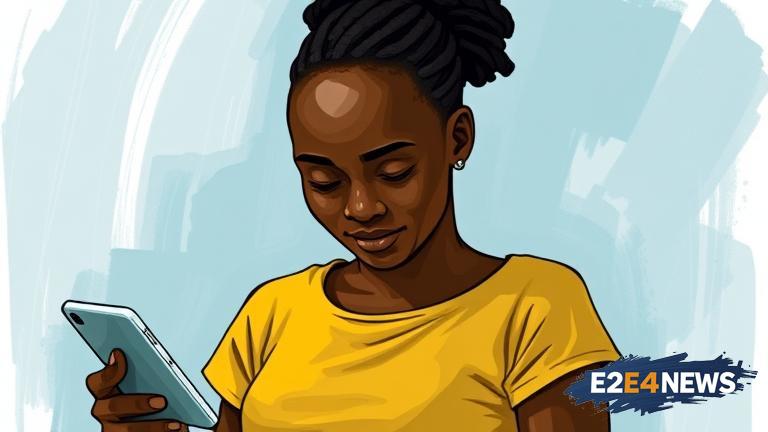In recent years, Ghana has experienced a significant surge in the adoption of mobile money services, with millions of citizens relying on these platforms for daily transactions. However, with the increasing use of mobile money, there is a growing concern about the protection of users’ rights in the digital space. As a mobile money user in Ghana, it is essential to understand your rights and the measures you can take to safeguard them. The Ghanaian government has implemented various regulations to protect mobile money users, including the Electronic Transactions Act, which provides a framework for the use of electronic signatures and records. Additionally, the Bank of Ghana has issued guidelines for mobile money operators, outlining the requirements for customer protection and risk management. Despite these efforts, mobile money users in Ghana still face challenges such as fraud, unauthorized transactions, and poor customer service. To protect yourself from these risks, it is crucial to be aware of the terms and conditions of your mobile money service provider and to regularly monitor your account activity. You should also be cautious when sharing your personal and financial information, and avoid using public computers or unsecured networks to access your mobile money account. Furthermore, it is essential to report any suspicious transactions or activities to your service provider immediately. Mobile money users in Ghana can also seek redress for any grievances they may have by contacting the Bank of Ghana’s consumer protection unit or the National Communications Authority. Moreover, users can take steps to protect their privacy and security by using strong passwords, enabling two-factor authentication, and keeping their mobile devices and operating systems up to date. The use of mobile money services has also raised concerns about data protection, with many users unaware of how their personal data is being collected, stored, and used. To address these concerns, the Ghanaian government has established the Data Protection Commission, which is responsible for regulating the collection, use, and disclosure of personal data. Mobile money users in Ghana can also play a crucial role in promoting digital literacy and awareness about the importance of protecting their rights in the digital space. By educating themselves and others about the risks and benefits of mobile money services, users can help to create a safer and more secure digital environment. In conclusion, protecting your rights in the digital space as a mobile money user in Ghana requires a combination of awareness, education, and vigilance. By understanding your rights, being cautious when using mobile money services, and taking steps to protect your privacy and security, you can help to safeguard your digital rights and promote a safer and more secure digital environment for all. The future of mobile money in Ghana looks promising, with the potential to drive financial inclusion, economic growth, and social development. However, it is essential to address the challenges and risks associated with mobile money services, including the protection of users’ rights in the digital space. By working together, we can create a digital environment that is safe, secure, and beneficial for all mobile money users in Ghana. The importance of protecting digital rights cannot be overstated, as it is essential for building trust and confidence in the use of mobile money services. As the use of mobile money continues to grow in Ghana, it is crucial to prioritize the protection of users’ rights and to promote digital literacy and awareness about the importance of safeguarding digital rights. In the coming years, we can expect to see significant advancements in the use of mobile money services in Ghana, including the introduction of new technologies and innovations that will enhance the security and convenience of mobile money transactions. Nevertheless, it is essential to ensure that these advancements are accompanied by robust measures to protect users’ rights and to promote digital literacy and awareness.
